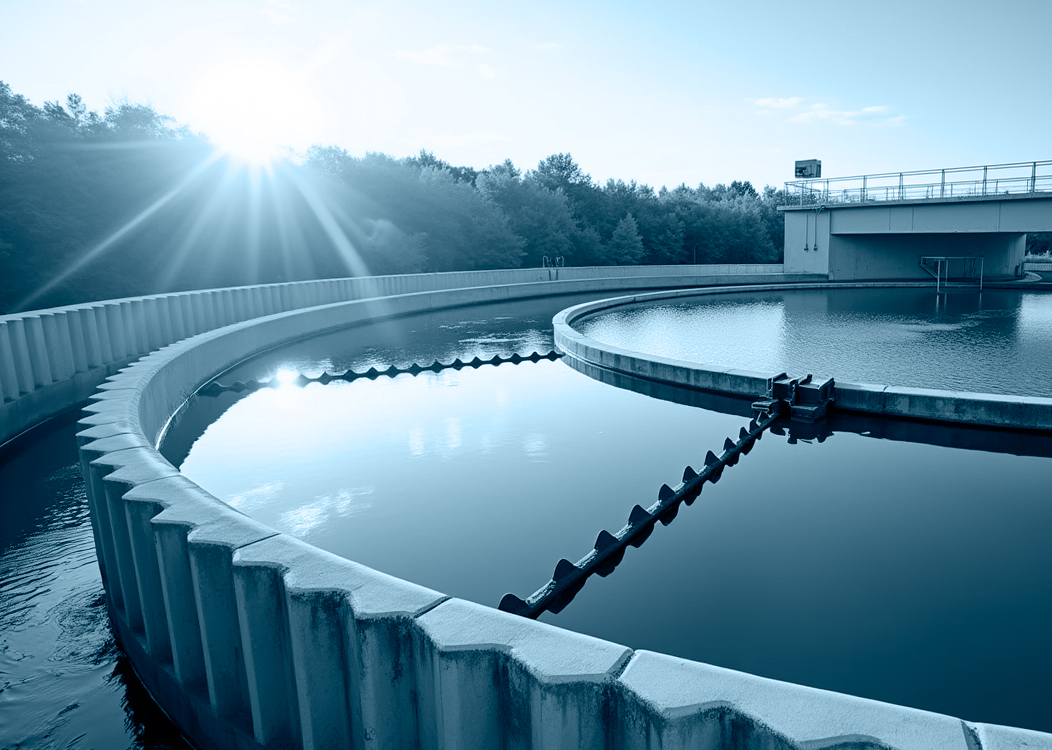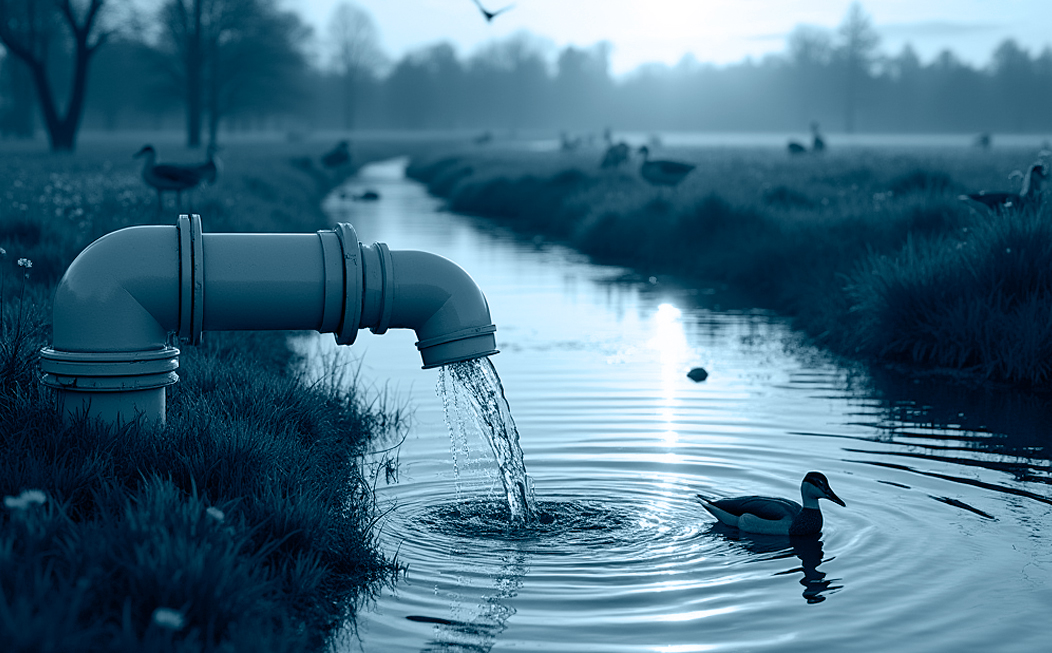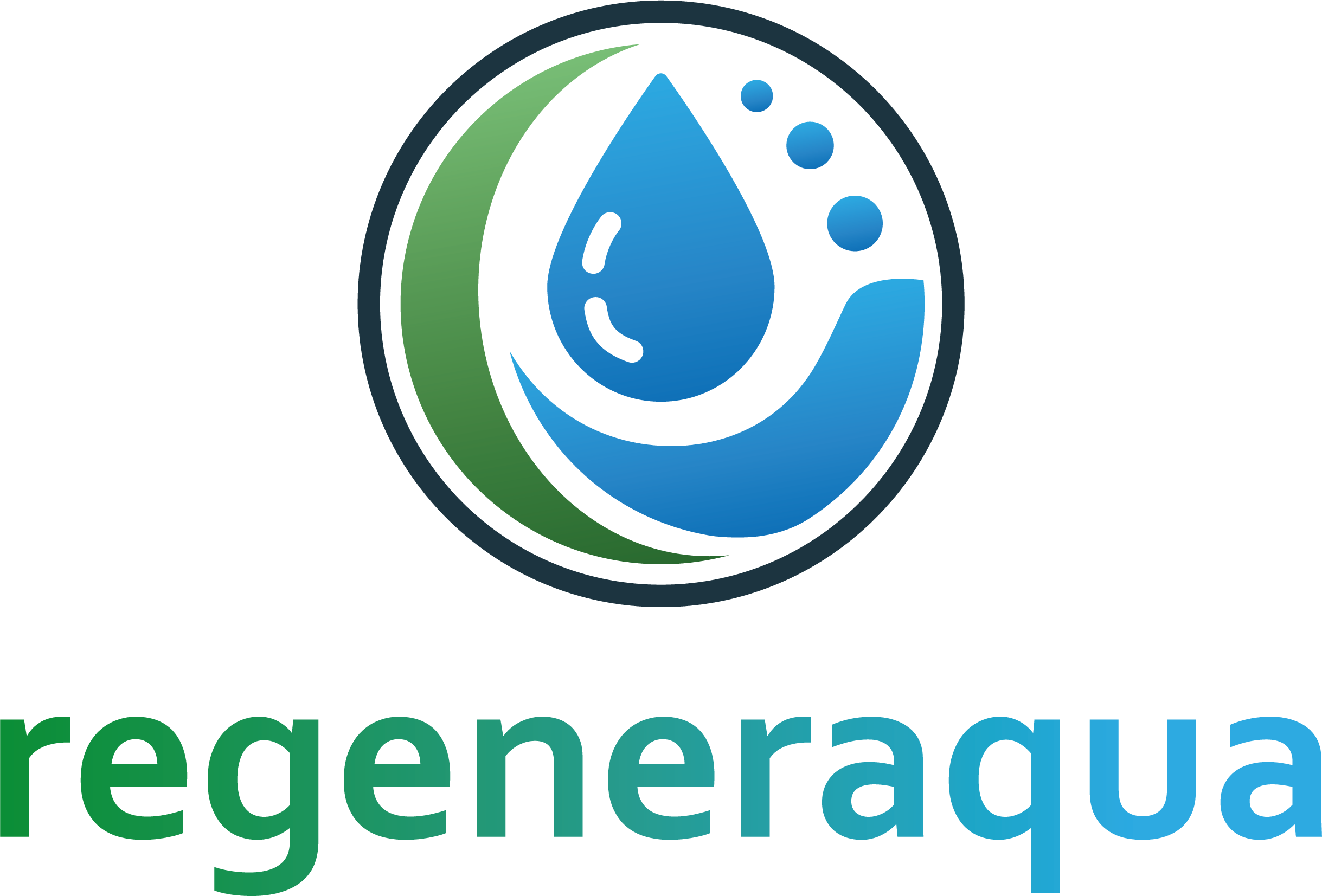Wastewater Regeneration
The new regulatory framework aims to make water use more efficient in sectors such as agriculture, industry, and urban environments. This new regulation is part of a strategy designed to reduce pressure on natural resources, which is fundamental in a country where water resources are increasingly scarce.
In addition to addressing water scarcity, this regulation strengthens the circular economy in water management and helps reduce the environmental footprint of water consumption.


The benefits of this regulation are evident and extend to various applications:
- Agriculture: Recovered water is used for irrigating crops and public gardens, thus relieving pressure on freshwater sources.
- Industry: Recycled water is used in cooling and cleaning processes, as well as in energy generation, which contributes significantly to mitigating the impact on natural sources.
- Urban Environments: This water is used for cleaning streets, maintaining fountains, and in sewage systems, which reduces the demand for drinking water for non-essential uses.
- Aquifer Recharge: It allows for increasing underground water levels in areas of scarcity.
From an ecological point of view, these uses help preserve aquatic ecosystems and decrease the amount of wastewater discharged into the environment, promoting a reuse cycle that helps reduce both energy consumption and the carbon footprint. Together, this regulation aims to prepare the country to face future water challenges and foster greater resilience to climate change.

Regeneraqua transforms wastewater into a valuable and sustainable resource. Our project proposes alternatives for reusing this resource, reducing the exploitation of aquifers and preserving the environment. With a focus on quality and efficiency, we are leading the way toward responsible water management.

